
- Article
- Article
Celebrating our soft toys
After cuddling a teddy bear cured her insomnia, Elspeth Wilson was inspired to speak to four other autistic and disabled adults, who praise the roles soft toys play in their lives.
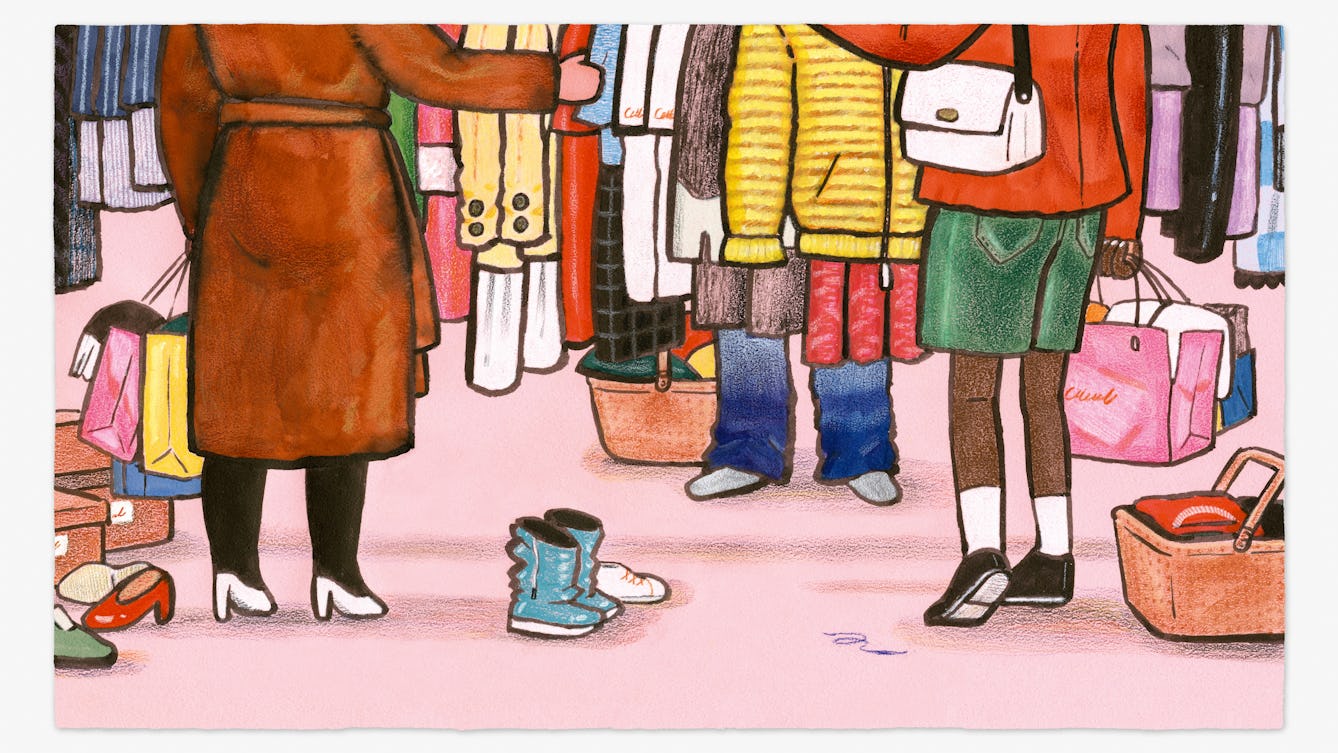
- Article
- Article
The ugly truth about fast fashion
Aja Barber reflects on her relationship with fast fashion, outlines its polluting and destructive effects, and shares the small, personal changes we can make that could help.

- Article
- Article
Desperate housewives and suburban neurosis
Discover how a pioneering health centre replaced housewives’ supposedly empty home lives with a social space that encouraged healthy child rearing.

- Article
- Article
Death and our digital ghosts
When we die, our data lives on. And as companies are increasingly spotting money-making opportunities from digital legacies, now could be the time to think about – and control – yours.

- Article
- Article
Nurturing my autistic, gender-questioning child
As mother of an autistic child who questions her gender, Jude Lax describes cherishing her growing daughter as she explores her identity.
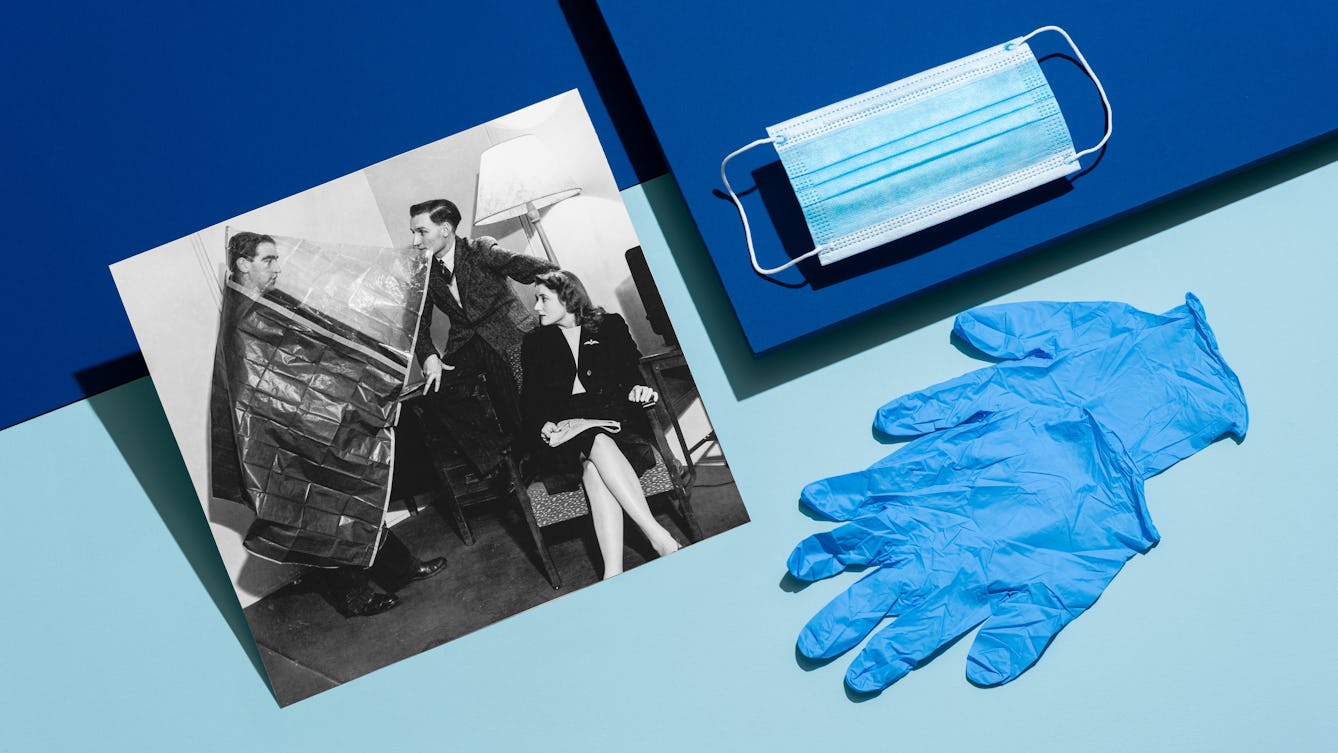
- Article
- Article
Remote romance and the common cold
Getting creatively romantic due to a virus sounds all too contemporary, but our archives show what socially distanced seduction looked like seven decades ago.
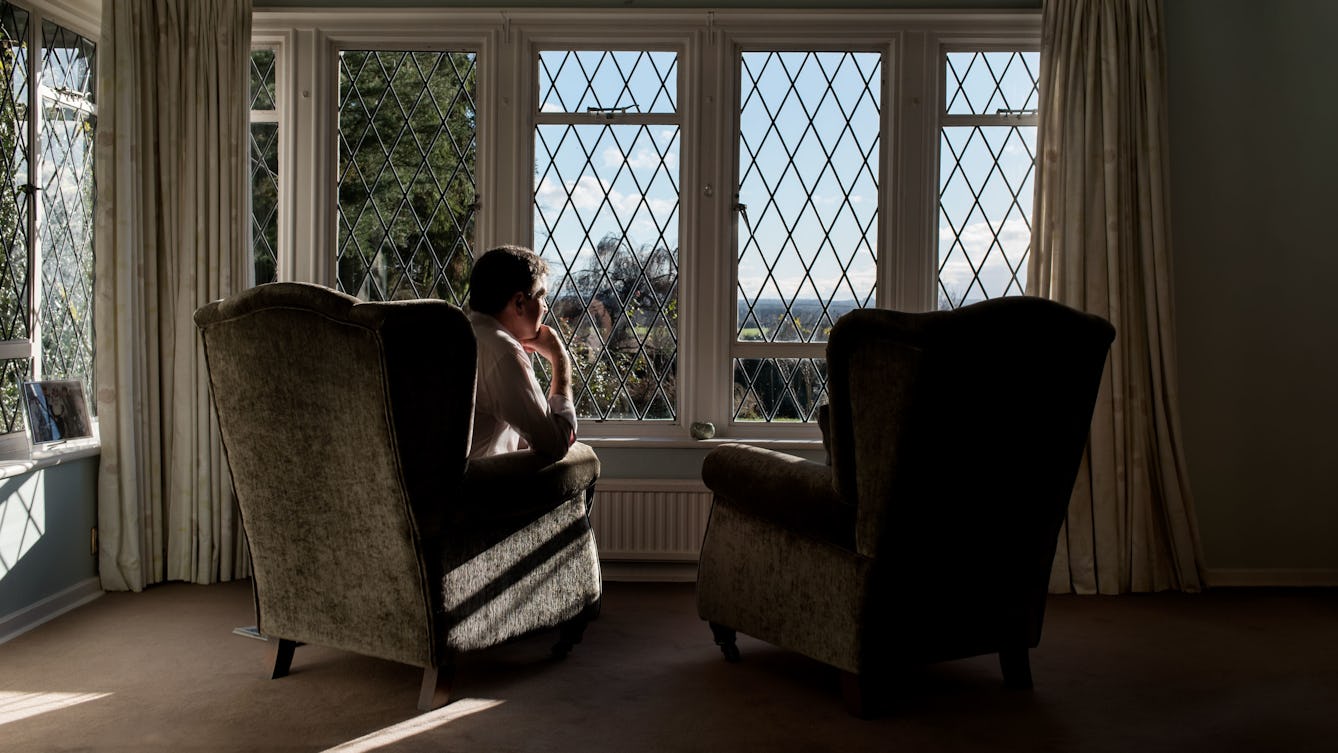
- Article
- Article
Sick of being lonely
When his relationship ended, Thom James first withdrew from the world, then began to suffer from illnesses with no apparent physical cause.
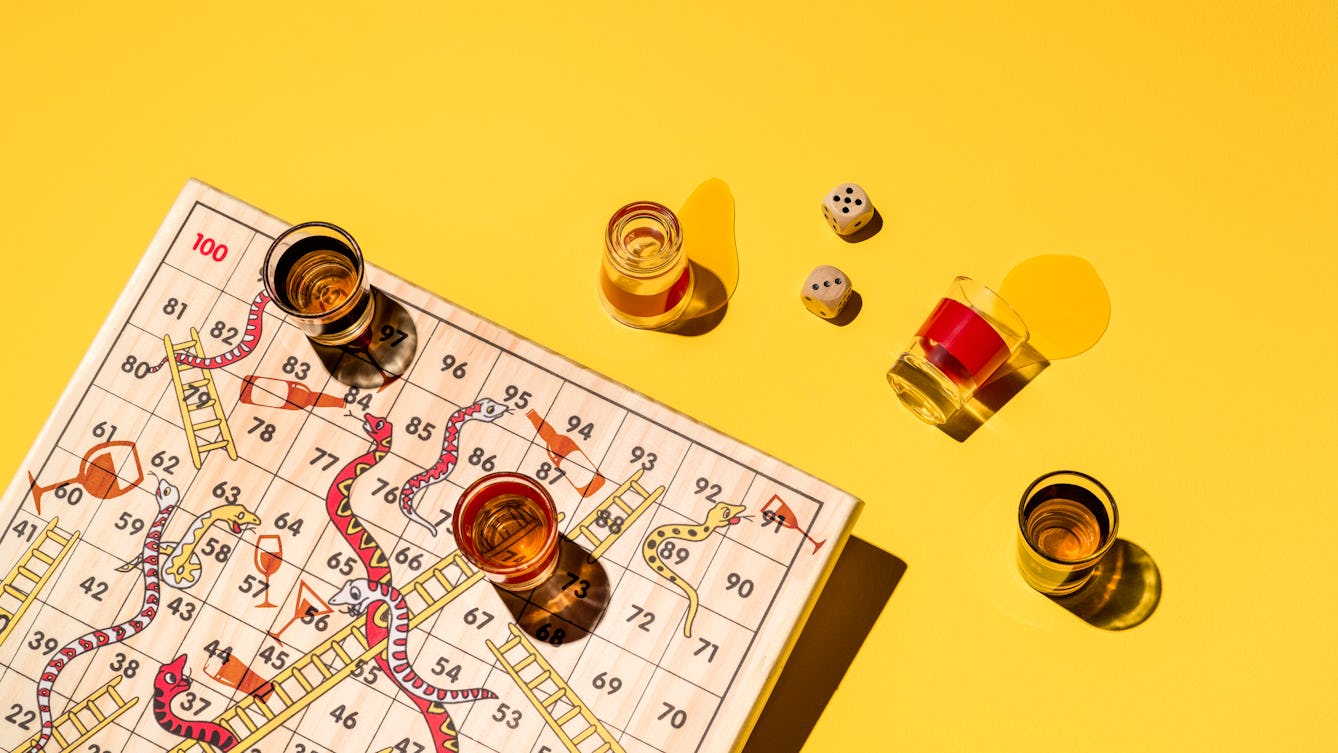
- Article
- Article
How to play with drunk people
Lower your inhibitions and join Holly Gramazio for fast-paced games made even more fun by alcohol.

- Article
- Article
Manipulating the evidence with deepfake technology
How can you be sure that the person speaking on the screen is genuine? Find out how sophisticated digital manipulation is blurring the boundaries between real and ‘deepfake’.

- Article
- Article
Is fake news killing fictive art?
Parafictional artists create projects where the imaginary interacts with real life. But the growth of so-called ‘fake news’ is providing a new challenge.
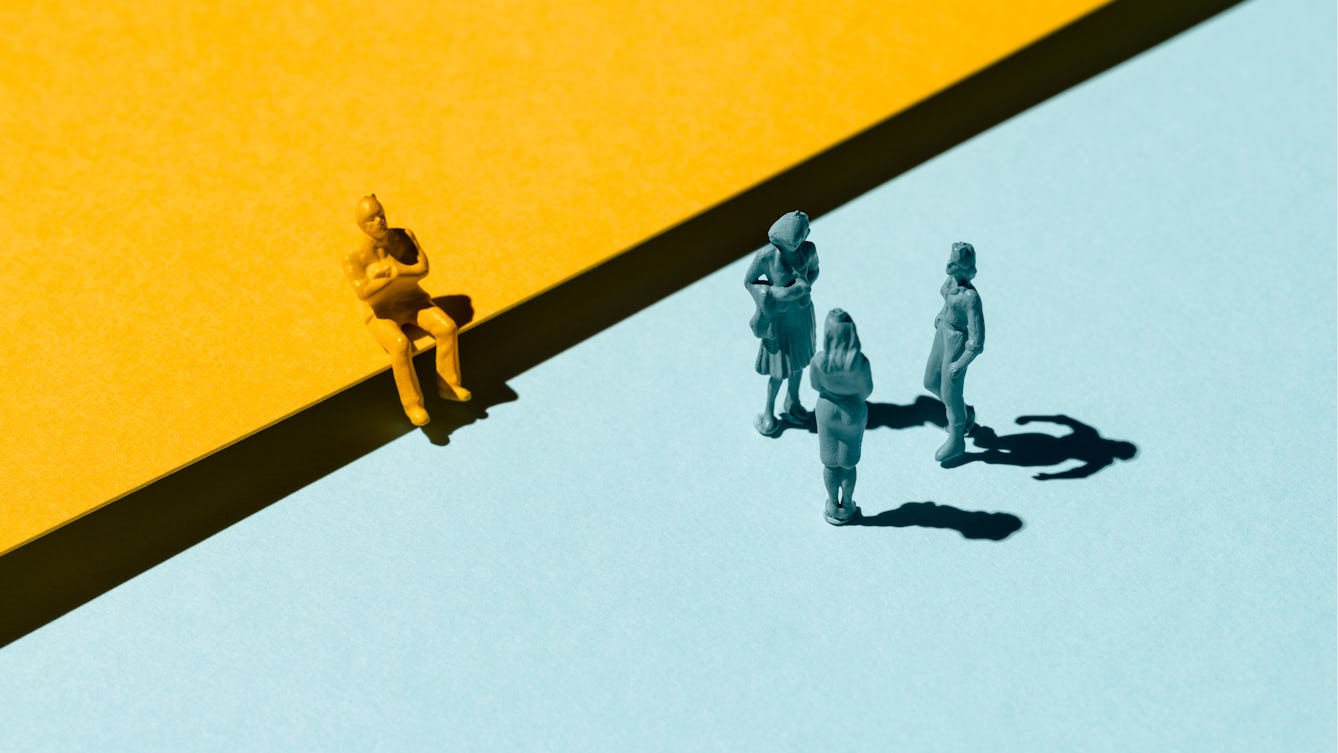
- Article
- Article
Why are women more willing donors than men?
Why is there a gender imbalance when it comes to the donation of organs, blood and tissue, and what can be done about it?
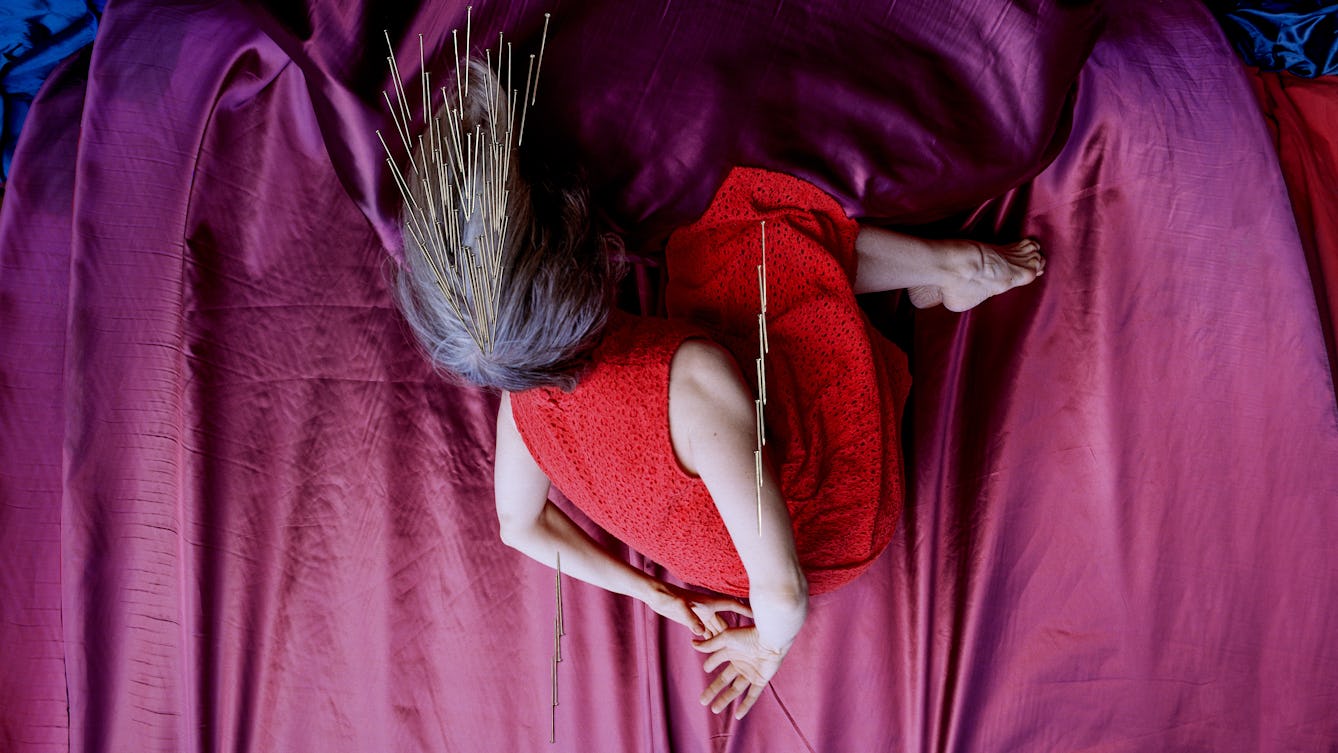
- Article
- Article
Are people born violent?
Laura Bui explores how the nature vs nurture debate applies to those who commit homicide.

- Article
- Article
Duelling doctors
An enduring enthusiasm for 18th-century gentlemen to defend their ‘honour’ by duelling placed doctors in a delicate position. Specially when they faced being shot themselves.

- Article
- Article
The ‘undesirable epileptic’
Abused in her marriage for being 'a sick woman', Aparna Nair looked to history to make sense of the response to her epilepsy. She discovered how centuries of fear and discrimination were often endorsed by science and legislation.
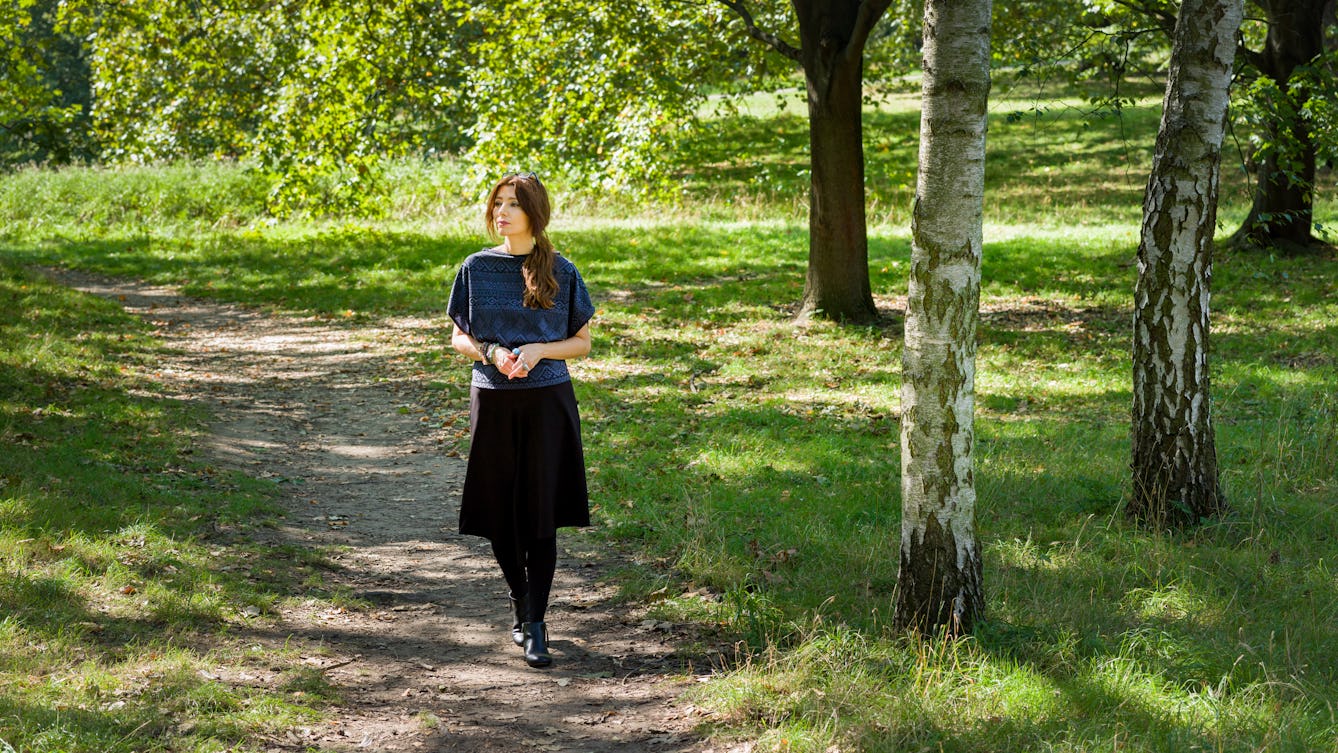
- Book extract
- Book extract
How stories bring us together
Elif Shafak considers how hard it is to be heard in our divided world, but how listening can nurture wisdom, connection and empathy.

- Article
- Article
Do good mothers make good democracy?
To be psychologically fit for democracy, one distinguished paediatrician argued that you need a ‘good enough mother’ – and that we must acknowledge the bad side of our feelings.
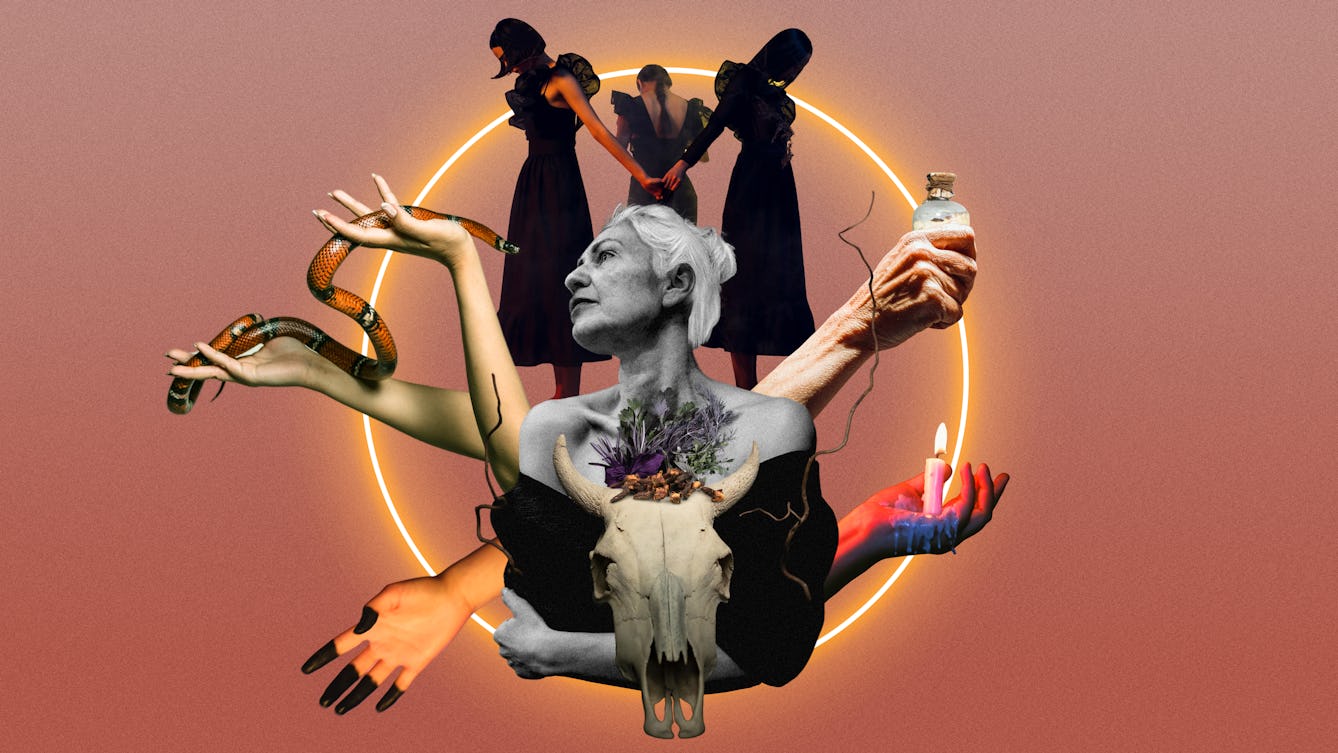
- Article
- Article
Witches
Many of the women persecuted as witches in the 16th-century “witch craze” were over 50 and exhibited signs of menopause. Helen Foster suggests that the stigma of the wicked witch still affects older women and how they deal with menopause.

- Article
- Article
Self-obsessing in the age of selfies
The tiny, joyful spark of a social media ‘like’ can lead to a damaging obsession. Find out how far people will go when their phone addiction gets the upper hand.

- Article
- Article
Can our sexual desires be transformed?
In the 1950s, many psychiatrists thought that homosexuality could be reformed. One found that it couldn’t – and his discoveries led to a change in the law.
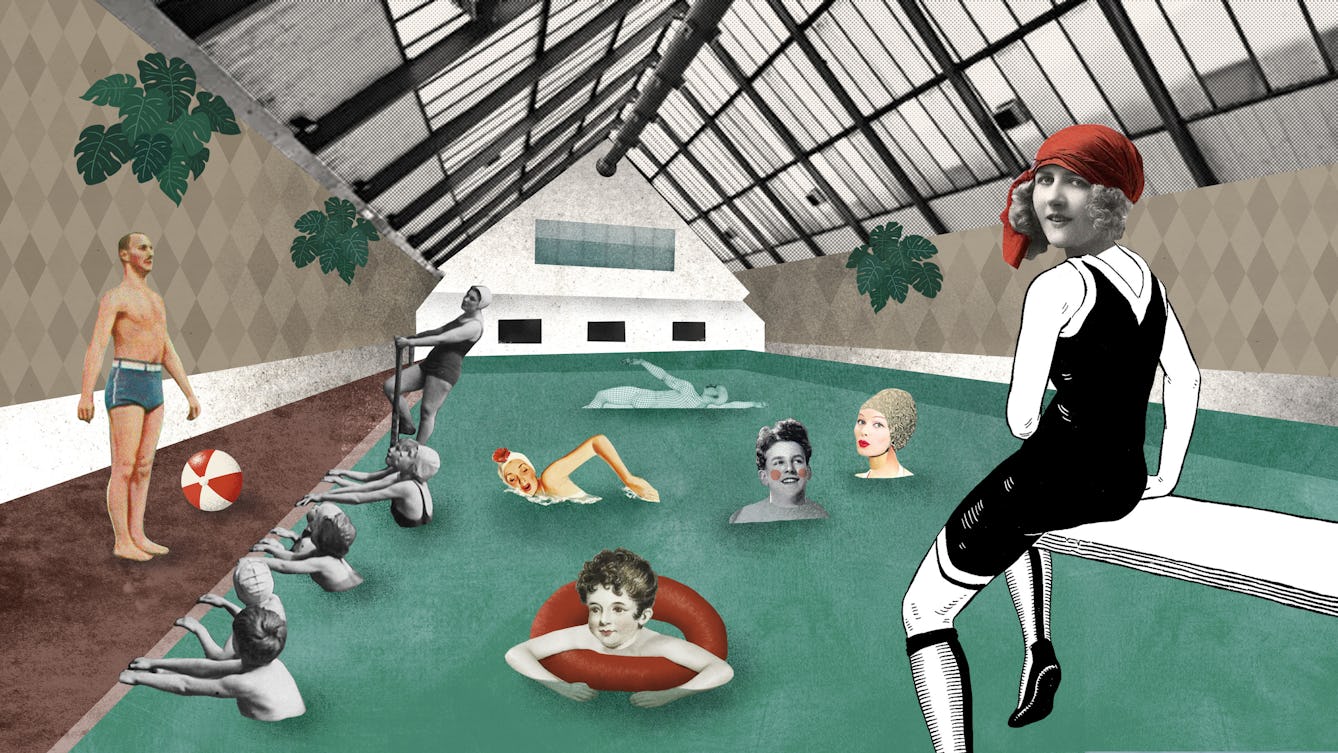
- Article
- Article
Two health centres, two ideologies
Two futuristic, light-filled buildings aimed to bring forward-looking healthcare to city dwellers. But the principles behind each were very different.

- Article
- Article
Why gene editing can never eliminate disability
In a world where DNA testing and gene editing offer ways to eliminate certain disabilities, Jaipreet Virdi explores a more accepting and inclusive approach.

- Article
- Article
Defying deafness through music
Did you know that Beethoven’s profession meant he was ashamed to admit to being deaf? Find out how similar prejudices persist today and how our writer is helping to break them down.

- Article
- Article
Does mass media pave the way to fascism?
In the aftermath of World War II, psychoanalysts found the psychological roots of authoritarianism closer to home than was comfortable.

- Article
- Article
WhatsApp aunties and the spread of fake news
The advantages of WhatApp chat groups – especially as a cost-free way of keeping in touch with family around the world – make them fertile ground for the spread of bogus medical advice. Writer Rianna Walcott explores how to encourage ‘aunties’ in the community to question the truth of unattributed health hoaxes.
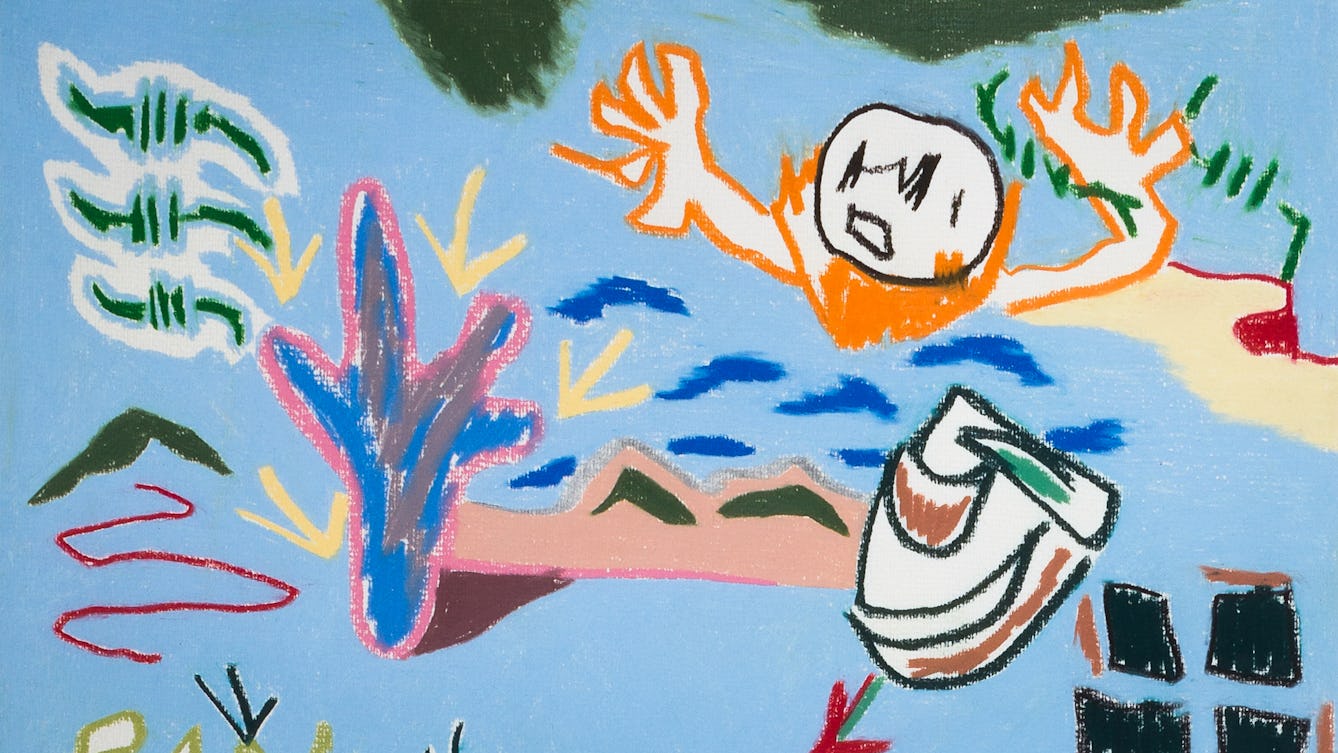
- Article
- Article
The indelible harm caused by conversion therapy
With first-hand evidence from two powerful testimonies, neurologist Jules Montague explores the destructive history of conversion therapy, a punitive treatment designed to ‘cure’ people of homosexuality.